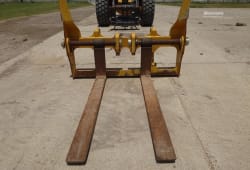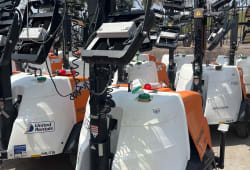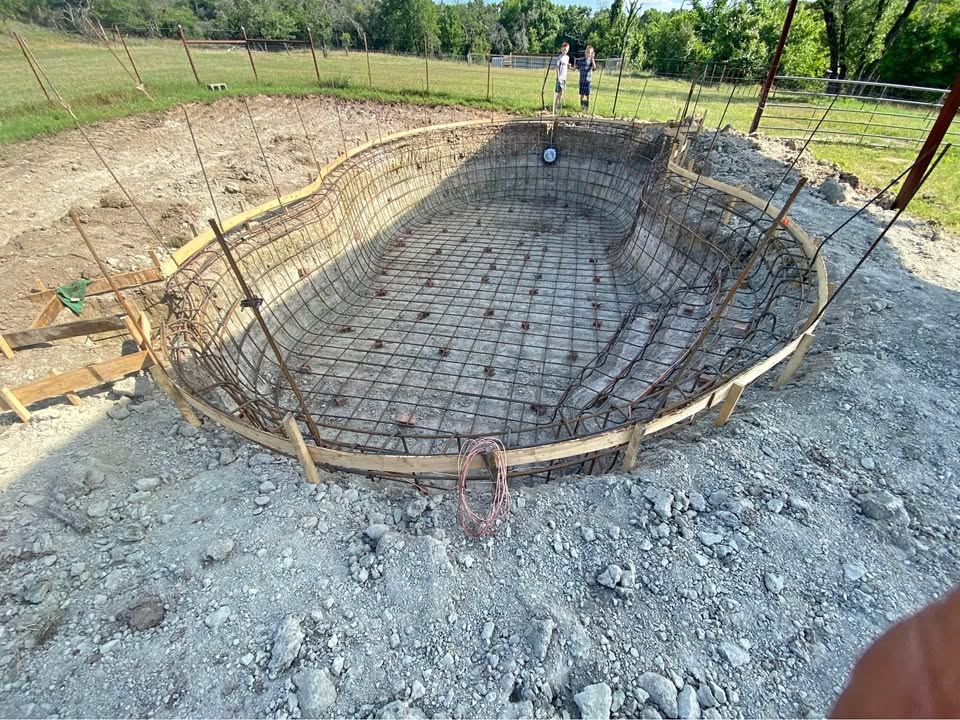Importance of Inspecting Heavy Equipment Brakes and Brake Systems
3 Min read
)
August 13, 2023
In the world of heavy equipment, the importance of brakes cannot be overstated. These powerful machines can pose significant risks if their brake systems are ignored or neglected. By understanding the crucial role brakes play in equipment safety, familiarizing ourselves with the basics of heavy equipment brake systems, and learning how to inspect and maintain these essential components, we can ensure the safety of both operators and those working around heavy equipment.
Understanding the Importance of Brake Systems in Heavy Equipment
When it comes to the safe operation of heavy equipment, brake systems are paramount. Brakes are responsible for bringing these massive machines to a halt, thereby preventing potential accidents and safeguarding lives. A well-maintained brake system enhances the control and stability of heavy equipment, especially during critical operations such as lifting heavy loads, maneuvering on uneven terrain, or navigating challenging inclines.
Effective brake systems mitigate risks by reducing the chances of collisions, equipment damage, and injuries caused by uncontrolled movement. The ability to stop or slow down quickly is essential in emergency situations or when unexpected obstacles arise. Without reliable brakes, the consequences could be dire.
Furthermore, brake systems play a crucial role in the overall safety of heavy equipment. They serve as a primary line of defense against accidents, enabling operators to maintain control over the machine's movements. By reducing speed or bringing the equipment to a complete stop when necessary, brakes allow for efficient and controlled operation.
Properly functioning brakes enhance safety during various operations, such as loading and unloading materials, operating in confined spaces, or working alongside other equipment or personnel. The stability and maneuverability provided by a well-maintained brake system significantly reduce the likelihood of accidents, making the work environment safer for all.
However, neglecting brake maintenance can have severe consequences. Failure to inspect and maintain heavy equipment brakes not only compromises the safety of the equipment operator but also puts bystanders and other workers at risk.
One potential consequence of neglected brake maintenance is reduced stopping power. Over time, wear and tear, dirt, and improper lubrication can diminish the effectiveness of the braking system, resulting in longer stopping distances and increased risks of collisions or accidents.
In addition to compromised stopping power, overlooked brake maintenance can lead to systemic brake failure. This catastrophic scenario can occur when worn-out components, such as brake pads or drums, are not replaced promptly. As the braking system deteriorates, the likelihood of full brake failure increases, exposing operators and others to significant danger.
Therefore, it is crucial to prioritize regular brake inspections and maintenance for heavy equipment. By ensuring that brake systems are in optimal condition, operators can have peace of mind, knowing that they have reliable means to control their equipment and protect themselves and others from potential accidents.

Caleb Woods is an experienced content specialist and an editor at Boom & Bucket, blending his journalism background with expertise in the heavy equipment industry. He delivers engaging, informative content to help professionals stay informed and make smarter decisions in the machinery market.










